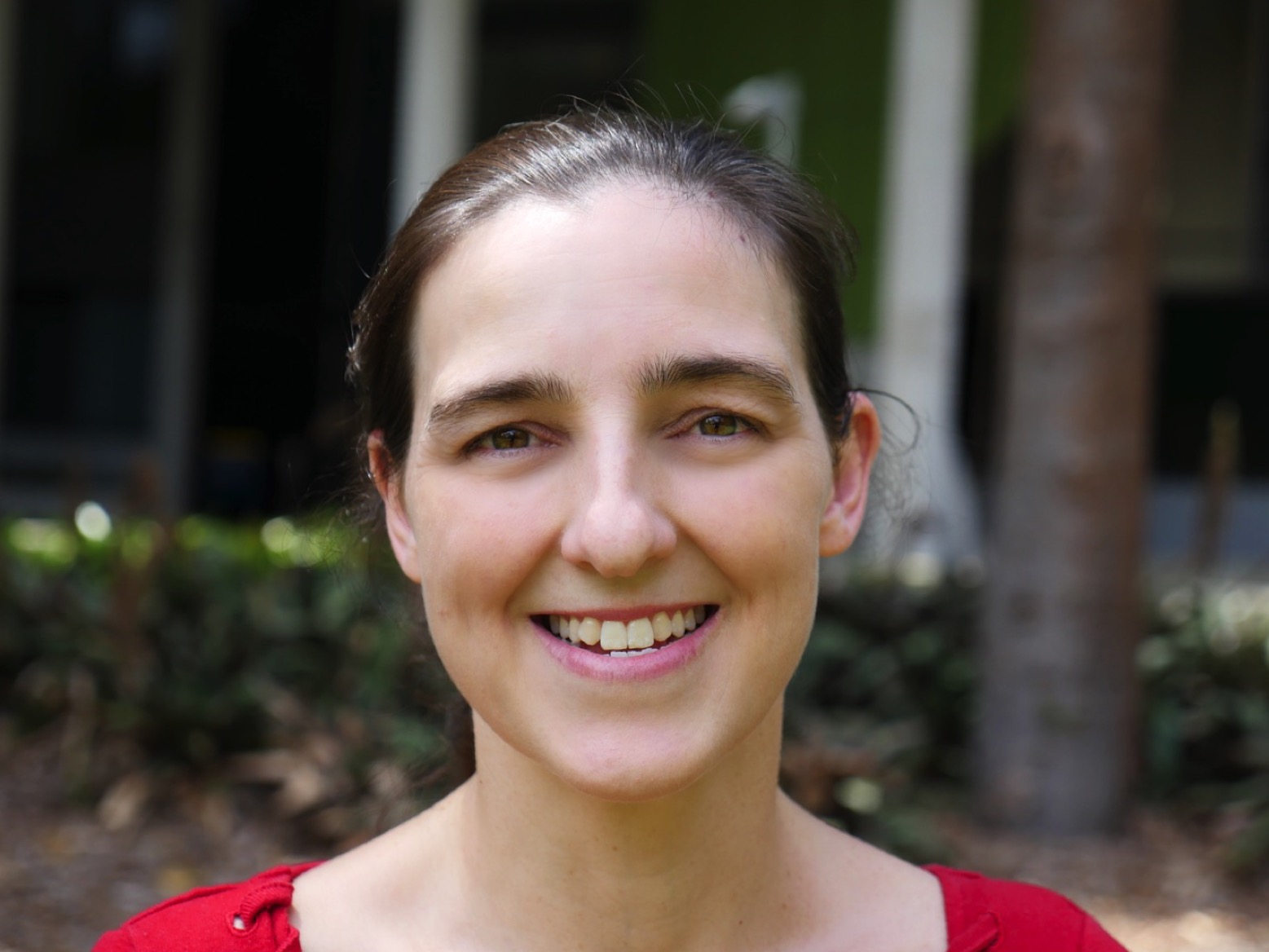
Biography
Dr. Michelle Allen's research spans molecular biology, environmental microbiology, ‘omic technologies and bioinformatics, with a particular emphasis on using large scale genomic and metagenomic datasets to understand, characterise and interrogate microbial communities in diverse "extreme" environments. Particular communities of interest are the microbes associated with deep sea sponges, Antarctic lakes, stromatolites and microbial mats, and...view more
Dr. Michelle Allen's research spans molecular biology, environmental microbiology, ‘omic technologies and bioinformatics, with a particular emphasis on using large scale genomic and metagenomic datasets to understand, characterise and interrogate microbial communities in diverse "extreme" environments. Particular communities of interest are the microbes associated with deep sea sponges, Antarctic lakes, stromatolites and microbial mats, and marine biofilms.
Professional Experience
2023 - present Postdoctoral Research Associate, Centre for Marine Science and Innovation (CMSI)
School of Biological, Earth & Environmental Sciences, UNSW
2006 - 2022 Postdoctoral Research Associate, Cavicchioli Lab,
School of Biotechnology and Biomolecular Sciences, UNSW
2003 (3 mths) NASA Planetary Biology Internship
2001 - 2006 PhD student, UNSW
2000 - 2001 Lab manager and Research Assistant, Dalton Lab, UNSW
Research Contribution
In her current role at the CMSI, Dr. Allen is investigating the microbial symbionts of deep sea sponges using long-read sequencing technology (nanopore sequencing). This research is uncovering the way that sponge hosts and their selected archaeal and bacterial symbionts harness unique metabolic pathways to survive and thrive in the cold, dark and nutrient-poor deep sea environment.
Prior to 2023, as a senior member of the Cavicchioli lab Dr. Allen researched the fascinating cold-adapted organisms and communities living in Antarctic lakes and waters using bioinformatics.
The Cavicchioli lab was an early adopter of ‘omic technologies, and from 2006 our genomic data grew from a single genome of a methanogenic archaeon (Methanococcoides burtonii, isolated from Ace Lake, Antarctica), to a massive 380+ metagenomes (Sanger, 454, Illumina and Nanopore data; over 4 TB of qc-filtered reads) from an array of Antarctic lakes and waters.
Dr. Allen managed and analyze these datasets to extract novel insight into the taxonomic diversity, adaptation, ecology and nutrient cycling of the various lakes. Highlights include discovering novel organisms and symbioses, tracking gene exchange (including HIR) and viral interactions, interrogating our seasonal time-series data, and integrating our metagenome results with experimental data to better understand these unique communities.
Dr. Allen enjoys collaborating with others and has been involved in supervising/mentoring a number of Honours, Masters and PhD students.
My Expertise
Bioinformatics; Next-Generation Sequencing, QC and assembly; Metagenome-assembled genome (MAG) binning; Annotation of genomes and MAGs; Phylogenetics; Diversity, correlation and multivariate analyses; Data visualization; Integration of metagenomic data with experimental data (eg proteomics)
Molecular biology; Microbial ecology; Culturing diverse organisms including cyanobacteria, archaea and heterotrophic bacteria; Isolation and characterization of novel Haloarchaea; Archaeal biology; Analysis of biofilm formation mutants using in vitro reactors, time-lapse microscopy and high-throughput screening; Confocal, FISH and Electron Microscopy
Extraction, purification, identification and analysis of lipid biomarkers using GC-MS; Stromatolite and microbial mat communities; Astrobiology
Location
Room 501, Level 5
Biological Sciences Building (D26)
Map reference (Google map)